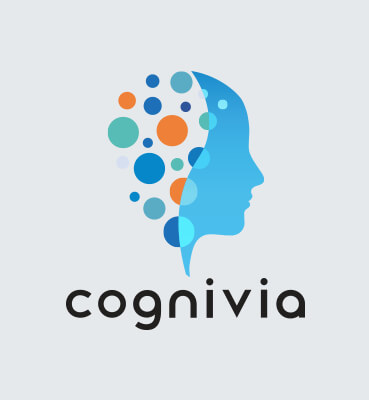As clinical trials become more diverse, patient heterogeneity, placebo responses, and inter-site variability become more pronounced, contributing to high rates of failed trials and extended development timelines and costs. It is time for the biopharmaceutical industry to reconsider its approaches.
Most of the “unsolvable” challenges within the medical community – especially within clinical research – come down to one critical truth: Humans are complex.
Our goal as clinicians is to find drugs and treatments that can apply to large swaths of humanity. And as sophisticated and powerful as the lifesaving results are that come from our efforts, it is, ultimately, an imperfect science. Because people are imperfect.
People may experience the same disease differently, making it crucial for clinical trials to include individuals with diverse lived experiences, living conditions, and characteristics to ensure all communities benefit from scientific advances. A lack of patient diversity in clinical trials is not only a moral issue but also a medical one, as more diverse trials yield more translatable data and therapies to the real world.
Historically, however, human complexity has been seen as something to avoid, remove, or attempt to train out of patients and staff – a herculean effort with questionable impact. At the same time, specialization within the medical field has led to treatment – and research – that is also silo-ed.
Today, we are coming to understand the value of embracing complexity – taking into consideration more than just the disease or disorder, but the whole patient.
A Question of Variability
Decentralized and hybrid clinical trials honor the fact that patients have life realities that can and do impact trial participation. Diversity and inclusion efforts are creating more representative and true-to-real-life studies. The push for personalized medicine demands we take the individual patient into consideration throughout the drug development lifecycle.
As the diversity and complexity of clinical trials increases so, too, does variability. Variability is what makes patients human – but it also makes clinical trial results harder to decipher. The question remains: How do we account for it, measure it, and manage it – without introducing even more risk?
How patients think and feel (and act) – their personalities, social support networks, beliefs about medicine, expectations, etc. – all impact a clinical trial. From patient recruitment and engagement strategies to diversity, placebo response rates, and treatment efficacy.
While we have quantified and controlled so much within clinical trials, patient behavior remains indeterminate. Until now.
Cognivia unlocks patient behavior data and explains variability that cannot be explained otherwise. The information we capture is unique. By combining patient characteristics and traits with machine learning, Cognivia helps identify and manage sources of patient variability throughout the clinical trial lifecycle.
This is the vision at Cognivia: Addressing variability at every clinical trial milestone by better understanding the patients.
From Placebo Response to Diversity & Inclusion
We are ethically obligated to continue pushing for more representative clinical trials by uncovering and understanding as many of the psychonomic data points that impact patients’ responses to a drug or treatment as possible.
That means embracing – and planning for – the inevitable increase in complexity. Clinical teams need a way to manage this variability so they can bring these drugs to market.
In this new paradigm – more diverse studies, hybrid trial settings, and more – Cognivia is the technology company clinical teams and sponsors can rely on. As CEO Dominique Demolle, PhD has said, “Cognivia is dedicated to cracking the code on the complex relationship between patient traits and behavior.”
Our successes predicting the placebo response and patient non-adherence speaks to the value of capturing patient psychology to help clinical teams understand behavior – and it’s just the beginning.
This foundation of success opens the door for other innovative applications that help propel the industry toward the next great frontier and gets us closer to truly inclusive, personalized drug development.





